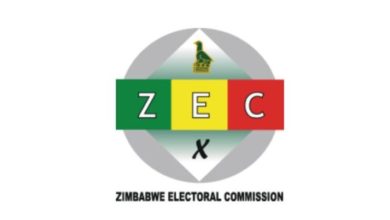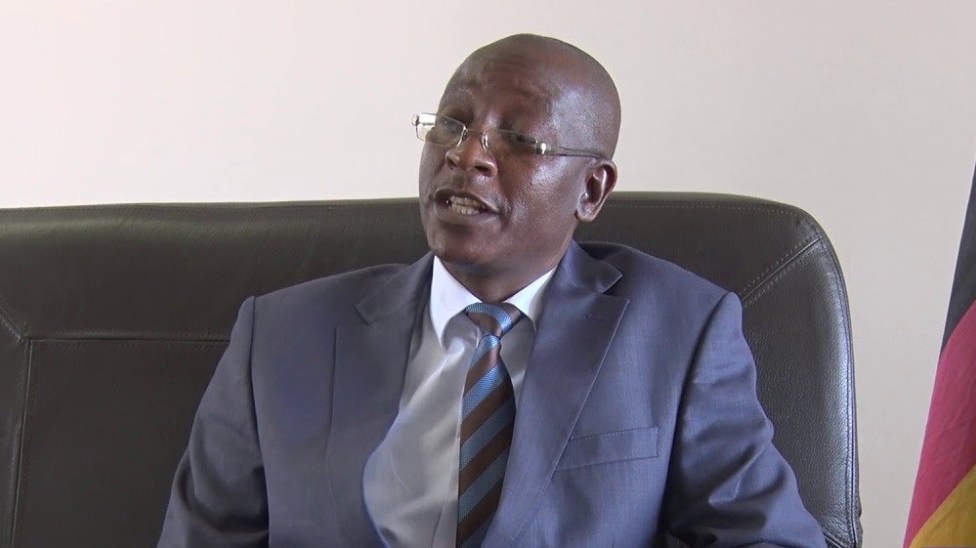‘Capacitate NPRC to deal with Gukurahundi’

The National Transitional Justice Working Group (NTJWG) has called for the full operationalisation of the National Peace and Reconciliation Commission (NPRC) so that it can conclusively deal with the Gukurahundi genocide and other injustices.
NPRC is a constitutional body mandated to promote peace and carry out peace-building initiatives in Zimbabwe while tackling injustices that have occurred in the country.
However, the body seems to have been superseded by other authorities and faces criticism from some sections of society for failing to solve Gukurahundi.
Speaking at a CITE Twitter spaces programme, This Morning on Asakhe, Friday, NTJWG Deputy Chairperson, Paul Themba Nyathi, said the most painful ‘fact’ of Gukurahundi is that the perpetrators are in power, making it difficult for a resolution to be found.
“So, the issue of sincerity or lack thereof is tied to the fact they themselves are part in terms of interest in the perpetration of that injustice,” he said.
Nyathi, however, pointed out Zimbabwe’s constitution disregards the perpetrators who are in power and gives NPRC, the authority, power and mandate to deal with past injustices, current and those likely to occur in the future.
But he lamented that it was “practically difficult for the NPRC” to fulfil its mandate, as it is dependent on the current state for its operations.
“That, therefore, beholds all of us as Zimbabweans who created the NPRC to insist that the NPRC be given power, authority and budgetary support to discharge their duties as envisaged in the constitution,” Nyathi said.
The human rights activist also advised the Justice Legal and Parliamentary Affairs Minister, Ziyambi Ziyambi to retract his statements made in Geneva, where he said: “no arrests would be carried out on Gukurahundi perpetrators, as they were pardoned by the late former president, Robert Mugabe.”
Nyathi said Ziyambi’s statements undermine a lot of efforts and processes that are currently underway to resolve the genocide.
“So Ziyambi can’t use that as an excuse for undermining the work of the NPRC or transitional justice whatever form it takes. By the way let’s also remember that while the issue of Gukurahundi is there, there are specific incidents that happened. We need to address these towards building the nation of Zimbabwe, so it can turn its back on the past, acknowledge injustices of the past and put in place mechanisms that make sure such injustice will not occur again,” he noted.
“The constitution established the NPRC for the purpose of building a nation. By the way, the issue of Gukurahundi is not about political posturing which is what Ziyambi was doing. Let’s completely and totally discard the issue of amnesty.”
In 1988, the government of Zimbabwe issued Clemency Order Number 1, pardoning all people involved in human rights violations committed between 1982 and 1987, benefiting mainly state security forces.
Nyathi, however, said the Clemency Order did not override the work of the NPRC.
“The NPRC has jurisdiction to tackle the Clemency Order Number 1, in accordance with its specific jurisdiction and mandate. That Clemency Order Number 1 itself has a number of flaws set aside by the NPRC, for one simple reason – it does not address the injustices that victims of Gukurahundi are currently facing and faced in that past,” he said.
“Who benefits directly from that Clemency Order Number 1? They were the immediate perpetrators of Gukurahundi.”
The human rights activist claimed that the Clemency Order Number 1 was designed for mischief, as it pardoned individuals who had committed human rights violations.
“It was to give the army which at that point in time was the responsible perpetrator. They were forgiven for carrying out a heinous act of that nature,” Nyathi said but stressed that clemency order cannot override the work of the NPRC.
“Read the mandate of the NPRC, you will then realise the issue of clemency order is set aside. The amnesty and Clemency Order Number 1 are not just the issues that NPRC seeks to deal with. The NPRC has a broad array of injustices that need to be addressed. This clemency order is one incident which in no way seeks to diminish the broader mandate of the deep work of the NPRC.”






